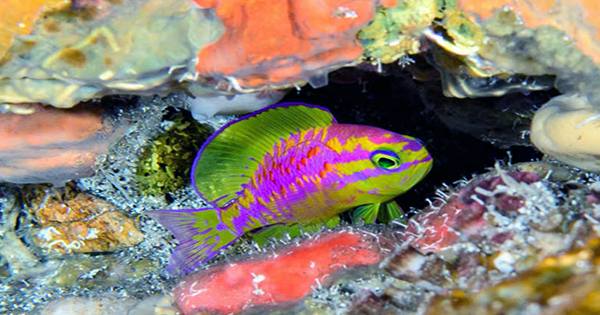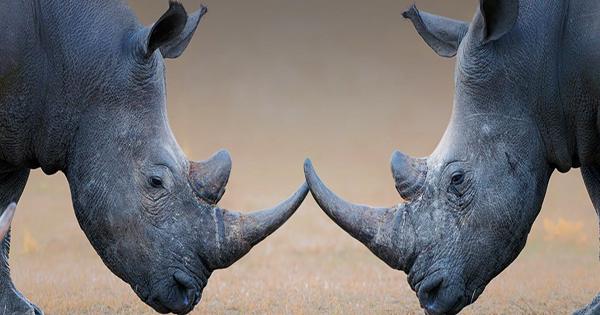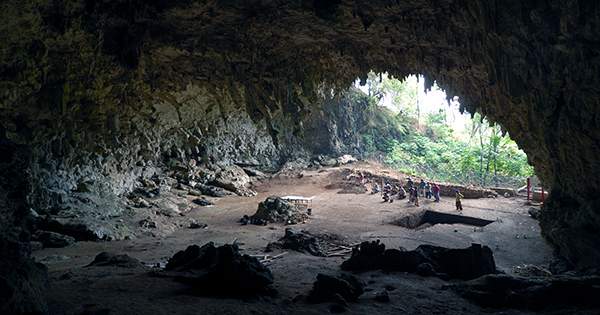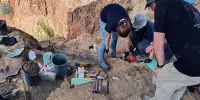Blackwater photographers and oceanographers have paid tribute to the “most symbolic pair” of a natural science in a recent study. Together, they have literally and figuratively shed light on some alien-like sea urchins around disgusting depths in a combination of photographs with sample investigations in a study recently published in the journal BioOne Complete.
Their combined efforts have been strikingly detailed, including some of the bizarre shapes and behaviors of larval fish – including the one that climbs on the jelly like an epileptic cowboy. Some people think the dark depths of the ocean are a spooky idea but for black water divers, scuba-ing in the epileptic environment is a wild adventure. These divers have a unique opportunity to discover parts of our oceans that are beyond the reach (and above budget) of some ocean scientists, so the images they take can turn into taxonomical treasures.
“Participants encounter animals that are difficult and expensive to through other methods,” the study authors wrote. “These same observations may be invaluable to researchers working with this species, so an interface between the scientific community and recreational divers would be mutually beneficial.” In their new study, they sought to establish such an interface using photographs of blackwater divers mixed with DNA barcoding of larvae (baby) fish off the coast of Hawaii. Although deep-seated fish can be recovered for lab investigations (they can even transfer deep-sea critics to this particular ROV alive) they often show their dazzling and often bioluminescent living appearance as unknown to the specimen as unknown.
By getting images and videos of fish behavior in-situ, they can make more accurate observations about the adaptation and physiology of these animals. This is evident in the photographs obtained from the study, which feature live photographs of the animals next to their sample images. Asheville Rebecca R. Helm, an assistant professor at the University of North Carolina – who shared high praise for the research and its photographer Jeff Milisen- said some characteristic species and their illumination (or glow-down, – to your liking) depended on their adult form.
“Images and videos of this activity provide an attractive window into the epileptic environment and the way larvae are displayed and swim in.” Before the damage is done.” “With the right inspiration, blackwater diving can enhance pelagic sea research and significantly increase our knowledge of natural history collections and marine fish larvae.”
















